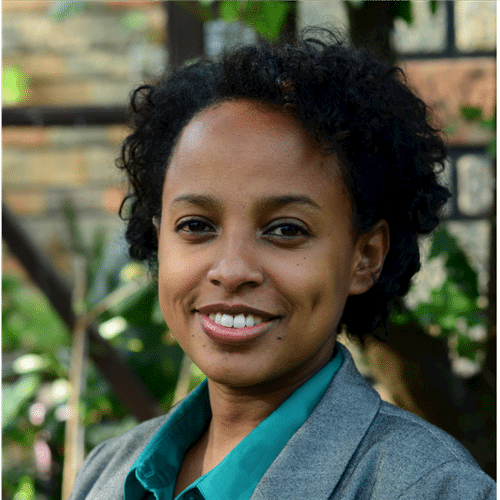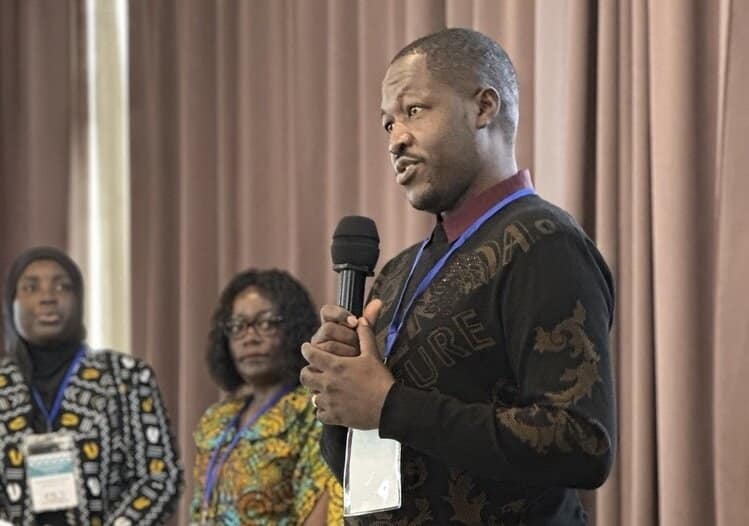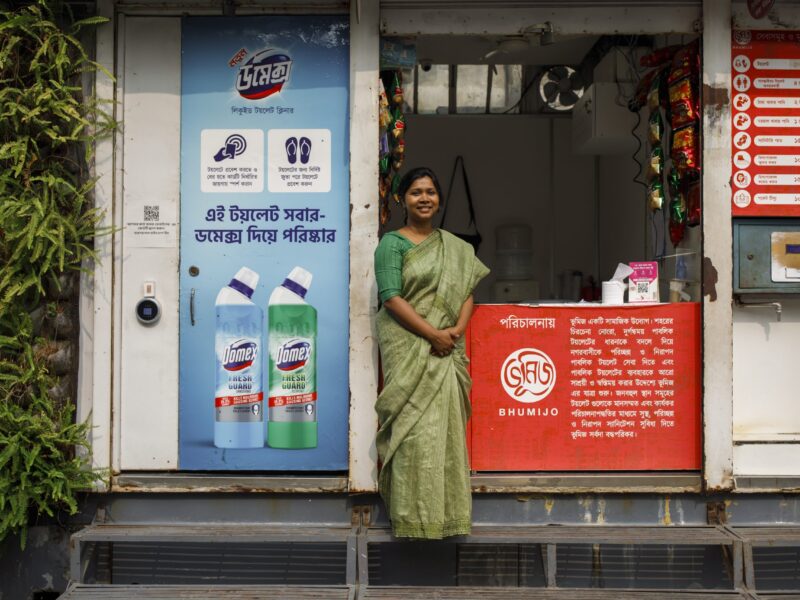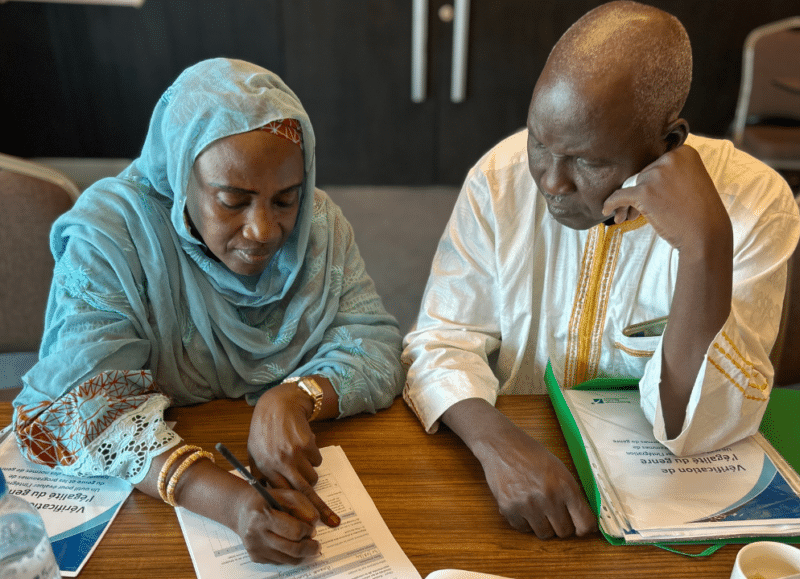Three of every four members of the global health workforce are women, but just one in four of the leadership positions are held by women. We must all band together to ensure women are represented on every step of the ladder.
Despite historical underrepresentation and ongoing gender inequity and discrimination, women in leadership roles offer unique advantages to organizations. Women leaders often bring empathy, collaboration and a focus on social equity, which can lead to more resilient and adaptable organizations. By addressing barriers like gender-based discrimination and implicit bias, organizations like CCP can more fully and sustainability promote and enable equitable global health from the inside out.
During a recent one-week course, “Essential Skills for Women’s Leadership in Global Health,” at the Johns Hopkins Bloomberg School of Public Health’s Gender & Health Summer Institute, I had the opportunity to explore the complexities and challenges women face in leadership roles head on. I also had a chance to reflect on how some of the very approaches and values that drive CCP’s work around the world that allow us to improve family planning access, combat harmful social and gender norms and address workplace discrimination, can be useful in closing the gender gap in leadership.
Below are some of my key takeaways from the course and resources for future reference:
Women of color, women from low-income countries and women from sexual minorities face unique challenges. These women face even greater challenges in leadership representation. Promoting diversity in leadership enhances decision-making and priority-setting for global health.
Structural changes are needed. Women’s leadership globally faces several barriers, including pervasive gender bias and discrimination rooted in cultural beliefs and workplace structures that have traditionally favored men. Unconscious gender bias necessitates self-awareness to address both external and internal biases, and tools like the Implicit Bias Gender-Career IAT Assessment and the Gender Decoder can help. Leadership theories often emphasize traditionally male traits, neglecting diverse leadership styles. Additionally, women frequently encounter sexual harassment and violence in the workplace and bear disproportionate domestic responsibilities, all of which can hinder their career advancement. Organizational systems, such as zero-tolerance policies for harassment and flexible work arrangements need to be in place to empower women in global health leadership.
Leadership shifts are crucial to sharing power. With increasing globalization and efforts to decolonize global health, inclusive leadership styles are gaining attention. This approach actively seeks to create environments where all individuals, regardless of their gender, background, identity, or experiences, feel valued, respected and empowered, and leveraging diverse perspectives for smarter decision-making. More insights can be found on the power of inclusive leadership and the role of gender-inclusive leadership during the COVID-19 pandemic.
Self reflection can be transformative. To support women’s leadership, it is crucial to encourage awareness of unconscious gender biases at the individual and organizational level. Continuous self-assessment and reflection, aided by free tools like the Leadership Compass and Healthcare Leadership Model Self-Assessment, provide opportunities for personal growth. Leadership development programs exclusively for women, such as the Essential Skills for Women’s Leadership in Global Health, create safe spaces to address biases, build support networks and foster mentorship. Such programs contribute to transforming leadership systems by encouraging women to lead authentically, rather than conforming to male stereotypes.
Encouraging men to become allies by listening, supporting, and respecting women leaders is also key. Resources like “How Men Can Become Better Allies to Women” and “Strategies for Male Allyship for Women Leaders in Public Health” offer guidance. Adopting gender-transformative leadership, which combines gender equality values with transformative leadership, focuses on challenging discriminatory practices and power structures, thus promoting gender equity in global health leadership.

Esete Getachew is the Gender Equality and Social Inclusion Deputy Lead for CCP.





